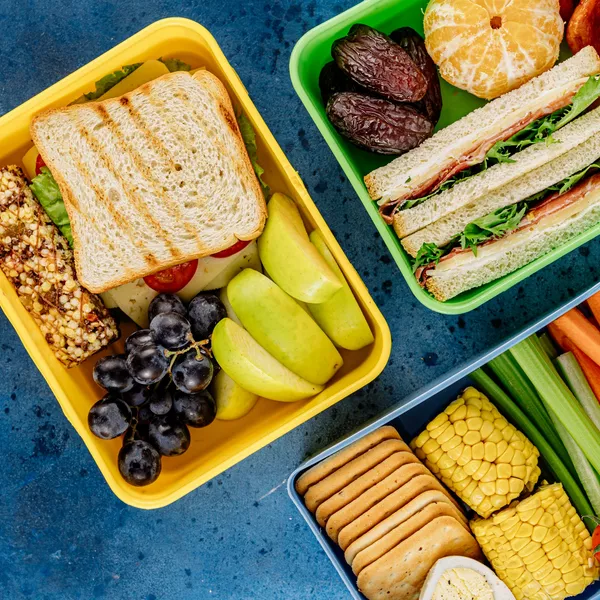Boredom eating can make the difference in successfully losing weight or not.
No matter how nutritionally balanced your meals are, if you’re snacking too much in between your meals due to boredom (or procrastination or emotion), you’re most likely consuming more food than your body needs.
This can have an impact on your health, such as leading to excessive weight gain. Being overweight is a risk factor for various health conditions, such as heart disease and type 2 diabetes, and can also impact a person’s quality of life.
A well-documented phenomenon in the field of nutrition research is the concept of under-reporting. When people report on what and how much they’ve eaten throughout the day, they under-report by up to 20–30 per cent. That’s a pretty big difference between what people think they eat and what they actually eat.
One of the reasons we under-report our food intake is because of a concept known as mindless eating. Many of us aren’t paying attention while we eat, particularly when we eat in between meals, and as a consequence, don’t remember that we did so.
Maybe you’re at work focusing on an important document and your colleague holds out a packet of chips. You grab a handful and much on them while you contemplate your next sentence.
Maybe you’ve just got home from picking the kids up from school and as you’re fixing them some afternoon tea you’re nibbling on cheese, crackers and fruit.








